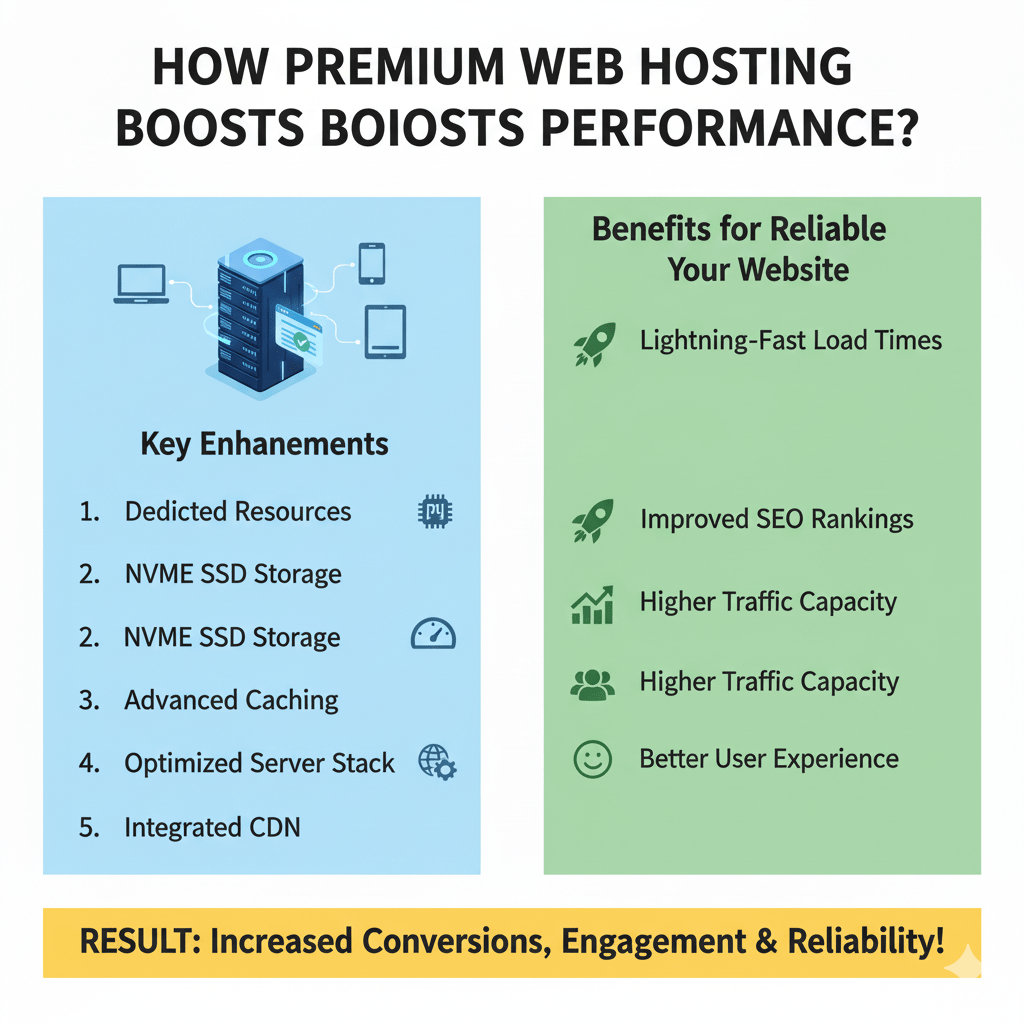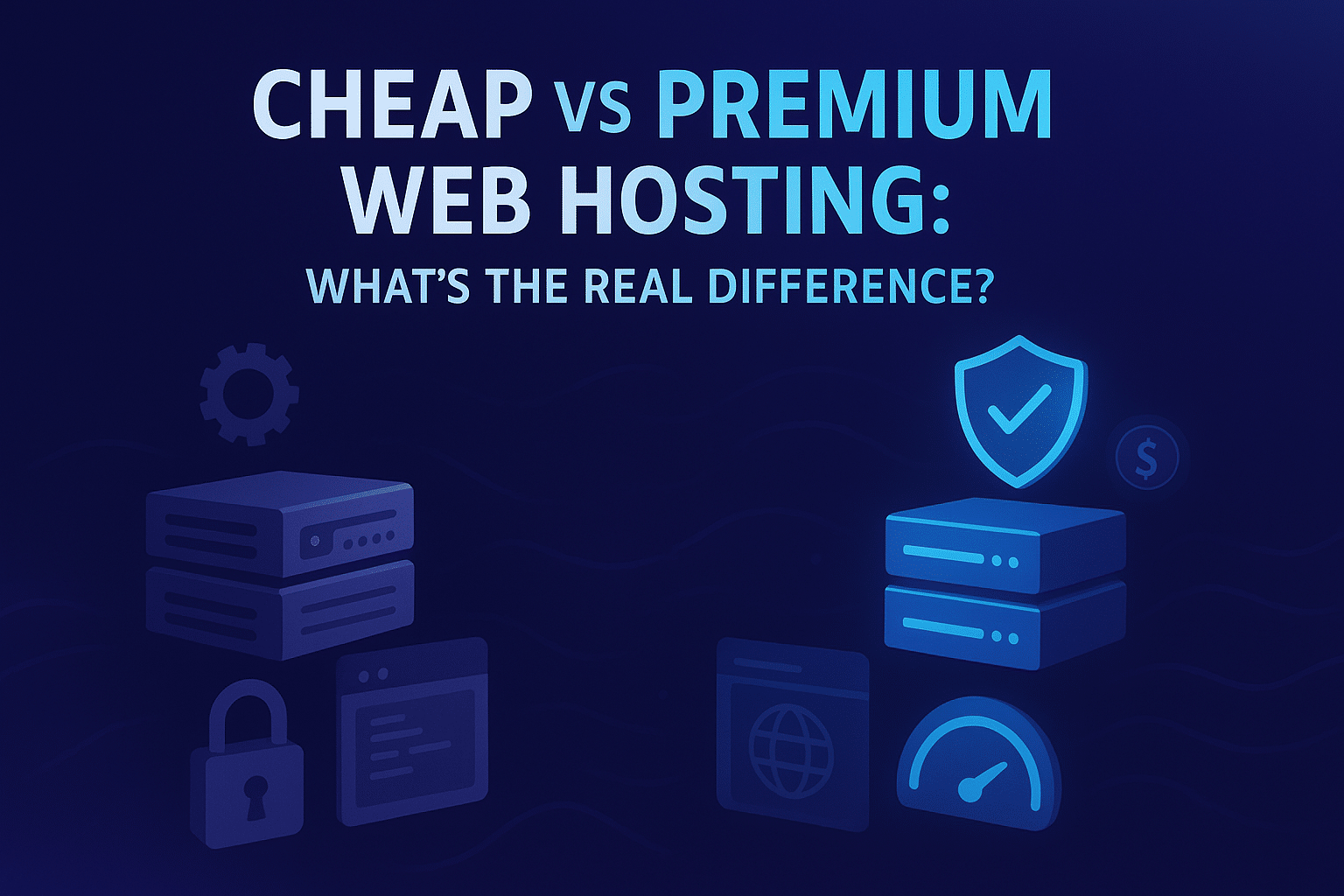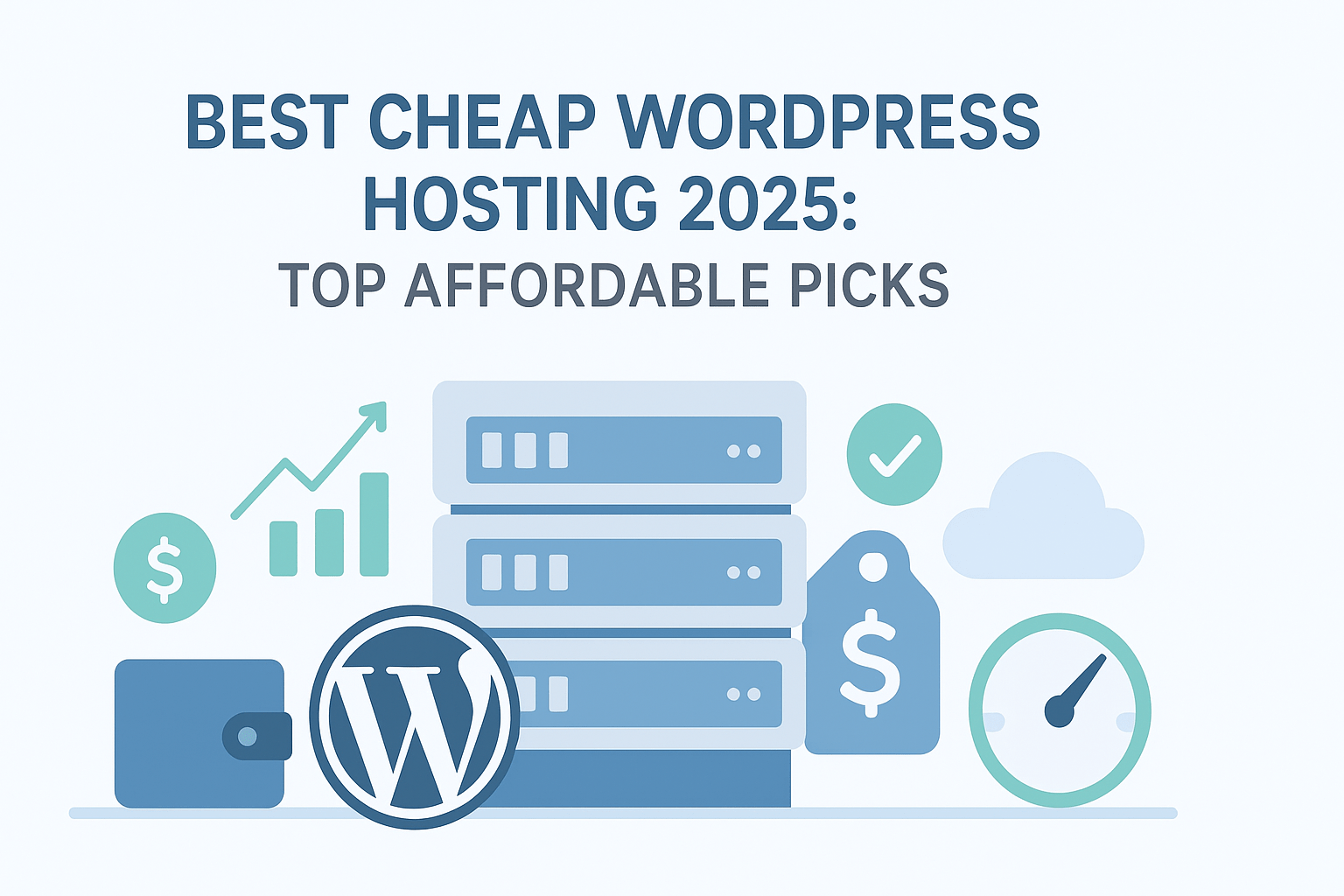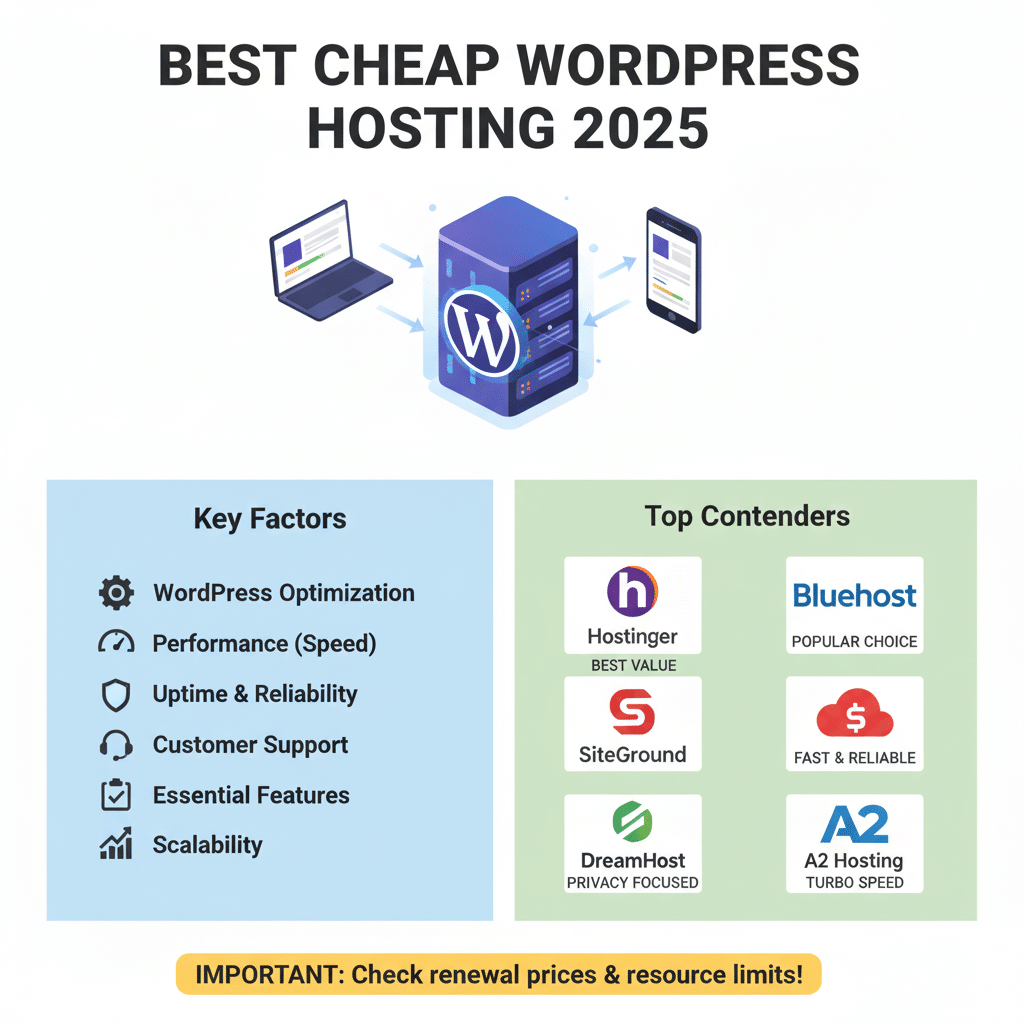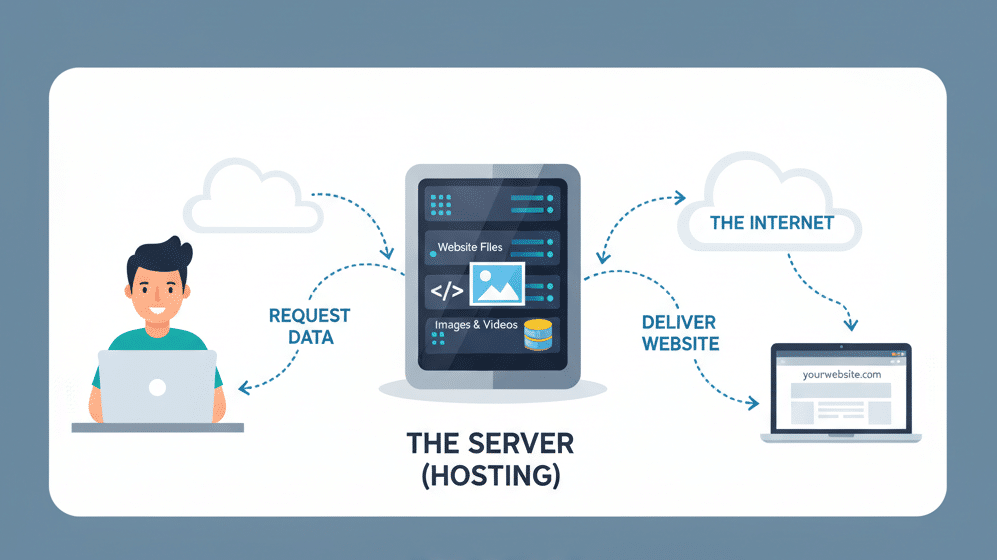Unlocking Time for Growth: Managed vs. Unmanaged Hosting
In today’s fast-paced digital world, every second counts. Whether you’re running a growing startup or an established software business, how you manage your IT infrastructure directly impacts your productivity, SEO strategies, and bottom line. One of the most important decisions you’ll face is whether to choose managed hosting or unmanaged hosting.
The right choice can save you time, strengthen your security, and improve your website’s performance — all while freeing up your team to focus on digital marketing strategies and business growth. This blog explores the differences between managed and unmanaged hosting, the pros and cons of each, and how they affect your SEO and productivity.
Understanding the Basics
Before diving into pros and cons, let’s clarify the two main types of hosting:
-
Managed Hosting:
Managed hosting means the hosting provider takes care of server setup, monitoring, updates, backups, and security. Think of it as having a dedicated IT team working in the background so you can focus on business growth. -
Unmanaged Hosting:
With unmanaged hosting, you are responsible for everything: installing updates, securing your server, managing configurations, and troubleshooting issues. It offers maximum control but requires strong technical expertise.
Managed Hosting: Your Time-Saving Powerhouse
Managed hosting offers businesses a way to offload routine IT tasks and concentrate on activities that directly generate revenue. For companies focused on digital marketing and SEO, the benefits are significant:
-
Reduced Administrative Burden
No need to hire or maintain a full-time IT team for server management. The hosting provider handles maintenance, monitoring, and troubleshooting. -
Focus on Core Business Growth
Time saved from IT tasks can be redirected to improving SEO strategies, conducting keyword research, and optimizing content for better rankings. -
Enhanced Security
Managed providers typically offer advanced security measures such as firewalls, malware detection, intrusion prevention, and SSL certificates. This ensures your website stays secure, protecting both your business and your customers. -
Scalability and Flexibility
As your website traffic grows, managed hosting allows seamless scaling of resources without downtime. This is especially important for e-commerce sites or businesses targeting high SEO rankings. -
24/7 Support
With dedicated technical support, issues can be resolved quickly, minimizing downtime that could harm both revenue and search rankings.
👉 Real-World Example: Imagine an e-commerce startup running multiple ad campaigns to attract customers. If their server goes down during peak traffic hours, they risk losing sales and damaging their SEO. With managed hosting, proactive monitoring ensures uptime and quick fixes, so they don’t lose momentum.
Unmanaged Hosting: The DIY Approach
Unmanaged hosting is often chosen by developers or tech-savvy businesses that want full control over their infrastructure. However, with freedom comes responsibility.
-
Increased Administrative Burden
You must monitor the server, apply patches, and handle backups — tasks that can consume hours each week. -
Potential Security Risks
Failing to update software or misconfiguring security settings leaves your system vulnerable to cyberattacks. -
Limited Scalability
Scaling requires manual intervention, which can be time-consuming and may not always be optimized. -
Cost Implications
While unmanaged hosting is cheaper upfront, hidden costs arise when you need external IT support, experience downtime, or face a data breach.
👉 Example: A digital agency might save money initially with unmanaged hosting, but if a server crash takes down multiple client websites, the reputational and financial damage can far outweigh the savings.
Practical Applications and Case Studies
-
Startup Focusing on Local SEO
A local SEO-driven startup benefits more from managed hosting. Instead of worrying about server updates, they can dedicate time to optimizing for “near me” searches, building citations, and improving mobile performance — all crucial ranking factors. -
Agency with Skilled IT Staff
An agency with in-house server administrators may prefer unmanaged hosting to maintain maximum control and customization. However, this requires expertise and constant vigilance.
📊 Insight from Gartner: Businesses using managed hosting report up to a 35% increase in efficiency due to reduced IT support demands. This efficiency translates into faster implementation of SEO strategies, better uptime, and improved user experience.
SEO and Hosting: Why It Matters
Your hosting choice doesn’t just affect uptime and performance — it directly impacts SEO:
-
Website Speed: Managed hosting often includes server-level caching and CDNs, which reduce page load times (a Google ranking factor).
-
Uptime: Frequent downtime signals unreliability to search engines, hurting rankings.
-
Security: Secure hosting protects against malware that could blacklist your site from search results.
-
Scalability: As your content grows, your hosting must keep up to maintain strong performance and rankings.
In short: Reliable, fast, and secure hosting supports higher rankings and a better user experience.
Choosing the Right Path
When deciding between managed and unmanaged hosting, consider these factors:
-
Technical Expertise – Do you or your team have the skills to manage servers?
-
Budget – While unmanaged may seem cheaper, managed hosting offers long-term savings in productivity and reduced downtime.
-
Business Focus – Do you want to focus on IT or on scaling your SEO and digital marketing strategies?
-
Growth Projections – If you expect rapid growth, managed hosting ensures your infrastructure keeps pace.
👉 Pro Tip: Conduct a technical SEO audit to identify how hosting currently affects your rankings. If slow speeds, downtime, or security warnings appear, it’s a strong sign to move toward managed hosting.
Conclusion and Next Steps
In conclusion, managed hosting is a powerful time-saving solution for businesses focused on growth, SEO, and digital marketing. It eliminates the distractions of server management, strengthens security, and ensures scalability — freeing your team to focus on keyword research, content creation, and customer engagement.
On the other hand, unmanaged hosting suits organizations with technical expertise and a desire for complete control, though the risks and hidden costs can be substantial.
The choice ultimately depends on your business goals, resources, and technical capabilities.
🚀 Ready to elevate your SEO strategies and free up valuable time? Contact our software experts today for a free consultation and discover how managed hosting can unlock growth for your business: symhost.net


